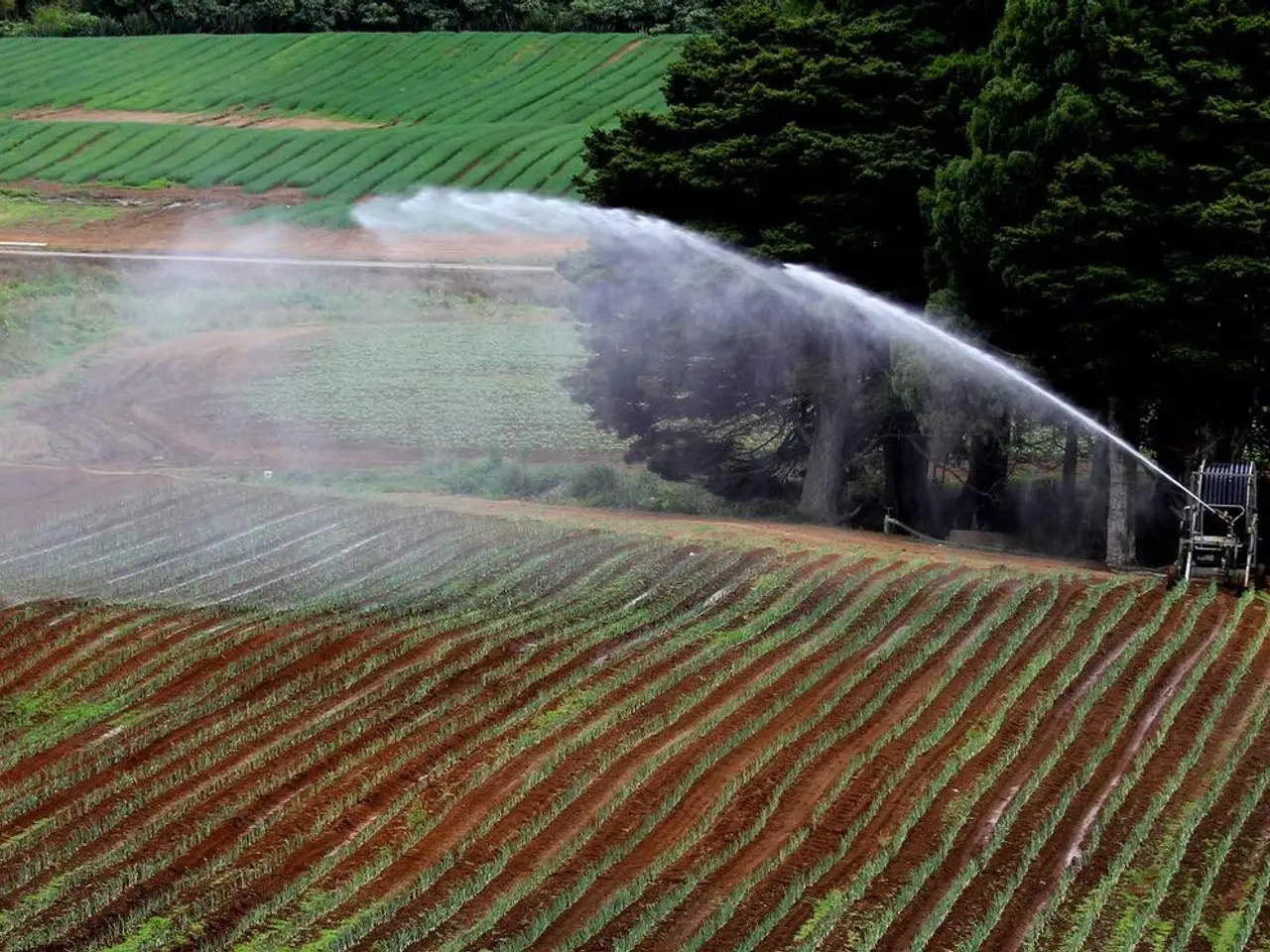Toyota's Kaizen Initiative Delivers Remarkable Benefits to Agricultural Sites
In a groundbreaking move, Toyota has applied its renowned production management methods and process improvement expertise from the automotive industry to boost agricultural productivity. The project, based in Yatomi, Aichi Prefecture, has seen significant improvements in efficiency, productivity, and sustainability.
Streamlining the Rice Drying Process
One of the most noticeable changes has been the use of a visualization board for the rice drying process. This innovation has halved the required working hours from 1,750 to 800, making the process more efficient and less labor-intensive.
Optimizing Resource Use
Toyota has also applied Just-In-Time and FIFO (First In, First Out) principles to agricultural inputs such as seeds, fertilizers, and pest control agents. This has optimized resource use, minimized costs, and reduced waste.
Investing in Human Capital
To further enhance productivity, Toyota has invested in its workforce by providing continuous improvement and problem-solving training. A skill map has been set up to show the work that each person can handle, reducing risks of creating backlogs and developing talent by motivating employees to master multiple skills.
Embracing Data-Driven Decision Making
Toyota's approach also includes embracing data-driven decision making. Systematic tracking and feedback loops have been implemented to monitor performance and adapt processes dynamically to environmental or market changes.
Overcoming Resistance to Change
The implementation of these changes has not been without challenges. Initial reactions from farmers were skeptical, with some questioning why Toyota was involved in agriculture. There were many clashes of opinion between Toyota employees and farmers, with some farmers resistant to change and questioning why things were done a certain way.
However, President Yagi of Nabehachi Nousan, one of the largest rice growers in Aichi Prefecture, has embraced Toyota's improvements. Recognizing the potential for TPS-driven improvement, he has quantified and visualized every aspect of farming, leading to the identification and resolution of numerous inefficiencies.
Visualizing Farm Operations
The visualization of farm operations has highlighted issues, allowing for improvements to be made. For example, the use of white lines for kaizen ideas has been particularly effective. Additionally, raising up workbench legs for seeding work has significantly eased physical demands and prevented back pain among employees.
A Continuous Improvement Culture
Toyota's approach aligns with its broader effort to apply TPS beyond manufacturing into various fields, including agriculture. The goal is to foster a culture of continuous improvement and operational excellence, producing measurable gains in farm productivity, sustainability, and labor efficiency.
Despite the initial resistance, it's clear that Toyota's involvement in agriculture is yielding significant benefits. The company has initiated a project to address the concerns of local farmers in Yatomi, Aichi Prefecture, and is committed to working closely with them to ensure a successful and sustainable future for rice farming.
[1] Toyota's Lean Agriculture: A Case Study of Toyota's Lean Approach in Rice Farming. (2018). International Journal of Lean Six Sigma, 10(2), 157-169.
[2] Toyota's Lean Agriculture: A New Approach to Sustainable Rice Farming. (2018). Journal of Cleaner Production, 186, 856-864.
- Toyota's expertise in manufacturing and process improvement has been applied to the agricultural industry, resulting in a novel rice drying process that involves a visualization board, reducing required working hours by half.
- To optimize resource use in agriculture, Toyota utilizes Just-In-Time and FIFO principles, minimizing costs, reducing waste, and boosting productivity in farming.
- Recognizing the potential benefits of Toyota's continuous improvement and problem-solving training, President Yagi of Nabehachi Nousan has embraced the approach, focusing on visualizing and streamlining every aspect of farming to foster a culture of operational excellence and enhance sustainability.




